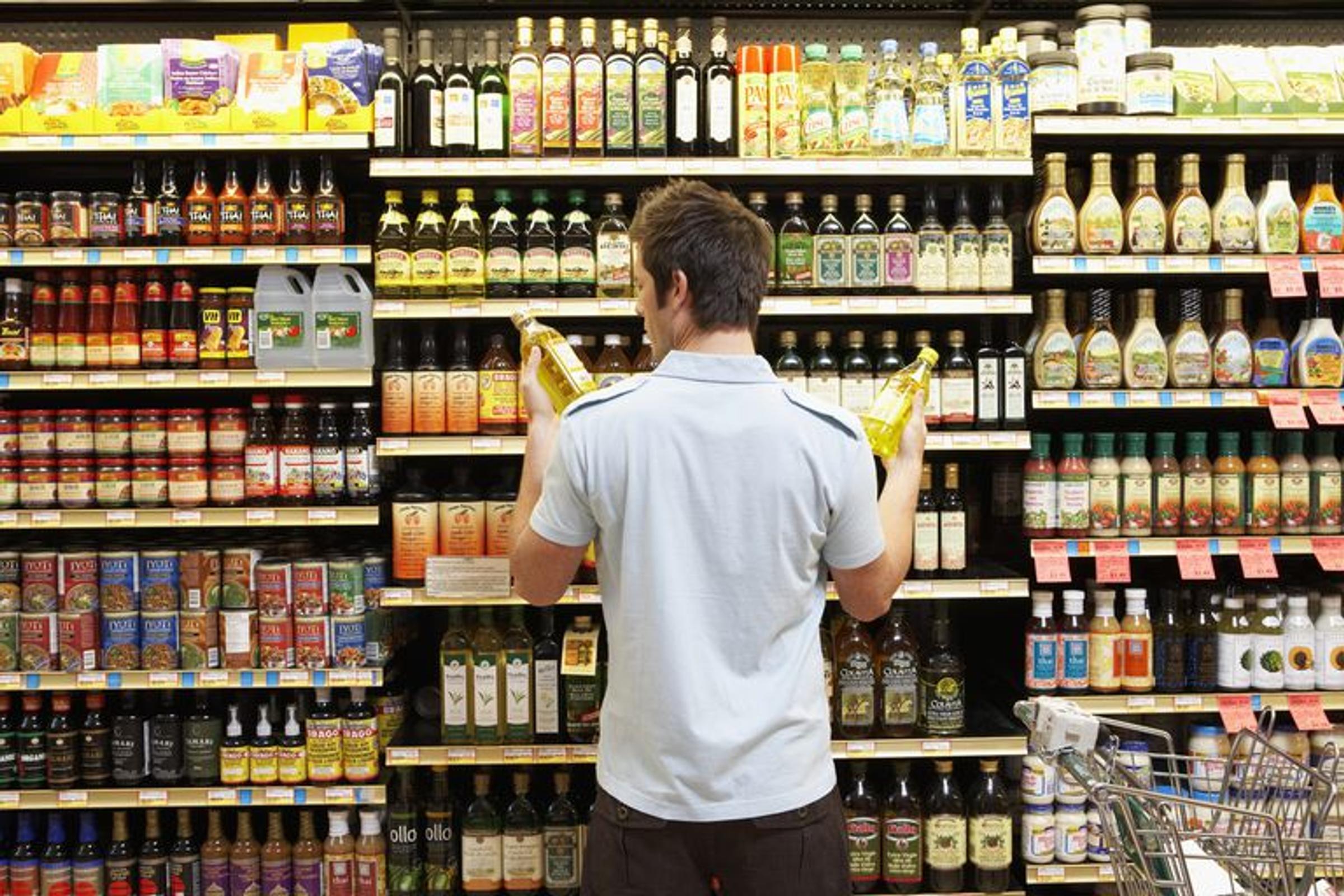Counselling Suite

Seemingly Irrelevant Decisions (SIDs)
A friend of mine recently introduced me to the concept of ‘seemingly irrelevant decisions’ in the context of procrastinating on her thesis. I had previously only vaguely heard of the term used in the context of substance abuse relapse so I did some more research and soon discovered how relevant ‘seemingly irrelevant decisions’ are to my own experiences, as well as the experiences of many of the students I meet with. Often, without realising it at the time, we make decisions that ultimately ‘trip ourselves up’, or that get in the way of us making positive behaviour changes and achieving our goals.
A ‘seemingly irrelevant decision’ has been defined as a decision or choice made by a person that may appear unimportant or insignificant on the surface but that actually increases the likelihood that he or she will be placed in a high-risk situation that can cause a relapse in an undesired behaviour. A person may ignore, deny or explain away the importance of these decisions or choices. Unfortunately, when it comes to keeping our good habits, instead of fleeing temptation, we often arrange to succumb. That is, we make a chain of ‘seemingly irrelevant decisions’ that allow us to covertly engineer the very circumstances that we’ll find irresistible. Unfortunately, we don’t usually see this self-sabotage for what it is at the time or even after the event.
If you’re struggling with this verbose explanation, have a look at the following examples of SIDs and see if you can relate to any of them…
I’m just going to call that parent before I head off to the gym…. Oops! I don’t have time to go to the gym anymore.
I better check Messenger before I start my homework in case any of my friends need me.
I’ll buy some wine/beers to have in the house in case someone stops by.
I drove across town to the gourmet grocery store to buy broccoli and I ended up buying their special cheesecake. Who could resist?
Time for a short study break… maybe I’ll start that movie I’ve been desperate to see (that goes for 2 and a half hours).
I’m going to lie in bed and brainstorm ideas for my essay in comfort.
I’ll just check the footy scores before I clean the kitchen.
I can still meet my friends for our weekly pub meal even though I’m doing a “dry July”
I’m not going to eat anything else tonight but I’ll go in to the kitchen and look in the fridge. Just curious.
I’m not going to spend any more money on clothes this month. No harm in checking out the sales online though.
I need to have a quiet weekend to focus on my studies but I’ll just drop in to my mate’s place to pick up some notes first. Oh look, a few of my other friends are here too! Looks like there’s a gathering happening.
No reason why I shouldn’t hang out with my friends who smoke even though I’m trying to quit.
I think I’ll take a different route and walk past the Casino to get to my bus stop tonight.
Look familiar? So, what can you do to try to stop ‘seemingly irrelevant decisions’ from undermining your good efforts or intentions? Substance use research suggests that one of the best ways is to think about each choice you make, no matter how seemingly irrelevant or unrelated it is to the behaviour you wish to avoid, so that you can anticipate the dangers ahead. This sounded a little daunting (not to mention time consuming) to me at first, however, it may be as simple as asking yourself one the following questions: “given my track record, what is likely to happen next if I make this choice?... And next?... And next?”, “what are the potential positive and negative effects of me making this choice?”, “will this decision ultimately assist/hinder my ability to achieve my goals?” or “do I have any other less risky options?” Evaluating whether your choices are setting you up to achieve your longer-term goals tends to lead to better decision making.
Substance use researchers advise that we choose the lowest-risk option when faced with a decision, to avoid placing ourselves in risky situations that may be more likely to lead to a relapse. So instead of going across town to the gourmet store that makes the special cheesecake to buy your broccoli, pop in to the local supermarket instead. Don’t check out the sales online if you don’t want to spend money – go for a walk instead. Ask your friends to meet at a café instead of the pub while you’re attempting a “dry July”. And see if your friend can email you their exam notes instead of popping over to their place on a Saturday night to collect them. I’m sure you get the gist…
Some other exercises that may help include reflecting on past experiences of relapse in undesired behaviour or succumbing to temptation. What were the preceding situations/events that led to the relapse? What were the ‘seemingly irrelevant decisions’ involved in this chain of events? What prevented me from recognising these signs at the time? This may help you to gain a better understanding of your potential triggers and stop you from repeating the same mistakes. Because we are all human and we all make SIDs, it may also be beneficial to plan how you will protect yourself in high risk situations. For example, if you decide to go to the gourmet grocery store, perhaps you could leave your purse in the car and only take in enough change to buy the broccoli, to prevent yourself from succumbing to the cheesecake temptation.
If you are concerned about your child’s wellbeing or mental health, you can refer them to the student counselling service by filling out the counselling referral form on the Seqta home page and emailing it to counselling@bps.sa.edu.au
Dr Lucinda Clifford
Psychologist
